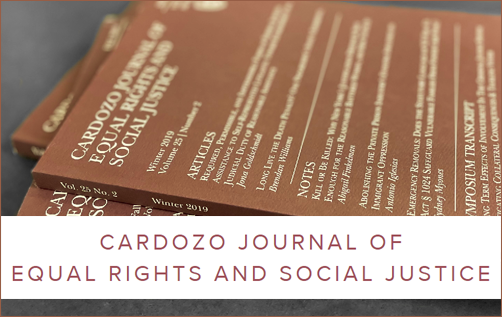Document Type
Article
Publication Date
3-14-2022
Graduation Year
2023
Abstract
On December 16, 2021, Judge Colleen McMahon of the U.S. District Court for the Southern District of New York overturned the Purdue Pharma bankruptcy settlement. Back in September of 2021, Judge Robert Drain of the U.S. Bankruptcy Court approved a settlement plan devised by the Sackler family that aimed to put the Oxycontin legal drama to rest. This settlement required the infamous Sackler Family to turn over 4.5 billion dollars to settle upwards of 2,600 lawsuits filed against them and their company, Purdue Pharma, surrounding legal fallout stemming from their production of Oxycontin and alleged direct hand in the opioid epidemic. Although the amount Purdue was willing to give up in the first bankruptcy settlement seems like a hefty sum, this settlement plan stipulated that the Sacklers would be permanently blocked from any future civil suits pertaining to the opioid epidemic and their connection to it. This small detail of the settlement caused an uproar from those following Purdue’s handling of settlement. The stipulation seems incredibly unfair, considering the opioid epidemic has taken at least 891,000 lives since 1999 and Oxycontin hit the market in 1996. Judge McMahon attributed her decision primarily to what bankruptcy code allows and does not allow. Specifically, she said, the bankruptcy code does not give a judge the right to grant such releases. However, she admits that while her decision is clear, the language of the code is on uncertain ground, and calls the permissibility of such a grant, “the great unsettled question.”
This post was originally published on the Cardozo Journal of Equal Rights and Social Justice website on March 14, 2022. The original post can be accessed via the Archived Link button above.
Recommended Citation
Borker, Hillary, "The Purdue Pharma Settlement: Should It Have Been Overturned?" (2022). ERSJ Blog. 22.
https://larc.cardozo.yu.edu/ersj-blog/22


